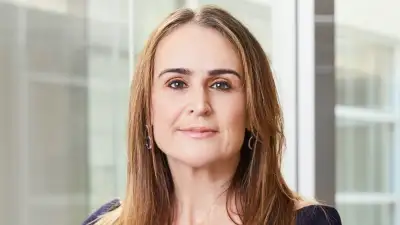(December-2001) First Aussie renewable energy fund
The Warrakilla Group, a specialist fund manager and corporate adviser established late last year, has launched Australia’s first dedicated renewable energy fund, which will invest in all forms of proven environmentally friendly energy technology.
Called the Green Energy Australia Fund, it will give preference to direct investment in unlisted projects in areas like hydro-electricity, wind, tidal, solar, landfill gas, geothermal, cogeneration and biomass energy sources.
A number of immediate investment opportunities have been identified and are already subject to due diligence.
“We believe investment in Green Energy Australia will be both financially rewarding and socially responsible,” says Warrakilla’s founder Matt Williams.
Williams was most recently the associate director of infrastructure investments at Hastings Funds Management, where he was responsible for the $790 million Utilities Trust of Australia.
He is joined by Duncan Matheson who was previously managing director of Utilities Funds Management and who has broad debt and equity experience after working at groups like Kilpatrick Green (head of project finance), Bell Securities, HSBC and Westpac.
The fund hopes to benefit from the growing interest in socially responsible investments (SRI), and in renewable energy projects. It will offer those interested in these areas another alternative. Up until now, the choice was either in companies with a single project or product, or in big projects with huge scales. And, most SRIs are only invested in listed securities.
The fund will take advantage of recent Federal Government initiatives to boost renewable energy initiatives, as well as the potential introduction of a global greenhouse credits and emissions trading systems.
“Individual projects [in this sector] are relatively small and it’s not worthwhile for individual infrastructure managers to chase them,” says Williams.
“We have sought out niches where the firm’s principals have some demonstrable expertise, and where we are not trying to compete with the full service investment banks or major private equity fund managers.”
The fund’s minimum investment will be $5 million. According to Williams, similar funds have demonstrated internal rates of return of 12-18 per cent a year.
Recommended for you
Australia’s superannuation sector has expanded strongly over the June quarter, with assets, contributions, and benefit payments all recording notable increases.
The Super Members Council (SMC) has called on the government to urgently legislate payday super, warning that delays will further undermine the retirement savings of Australian women.
ASFA has highlighted that regulation should not be “set and forget” and calls for a modernised test to meet future needs.
The super fund is open to the idea of using crypto ETFs to invest in the asset class, but says there are important compliance checks to tick off first.











